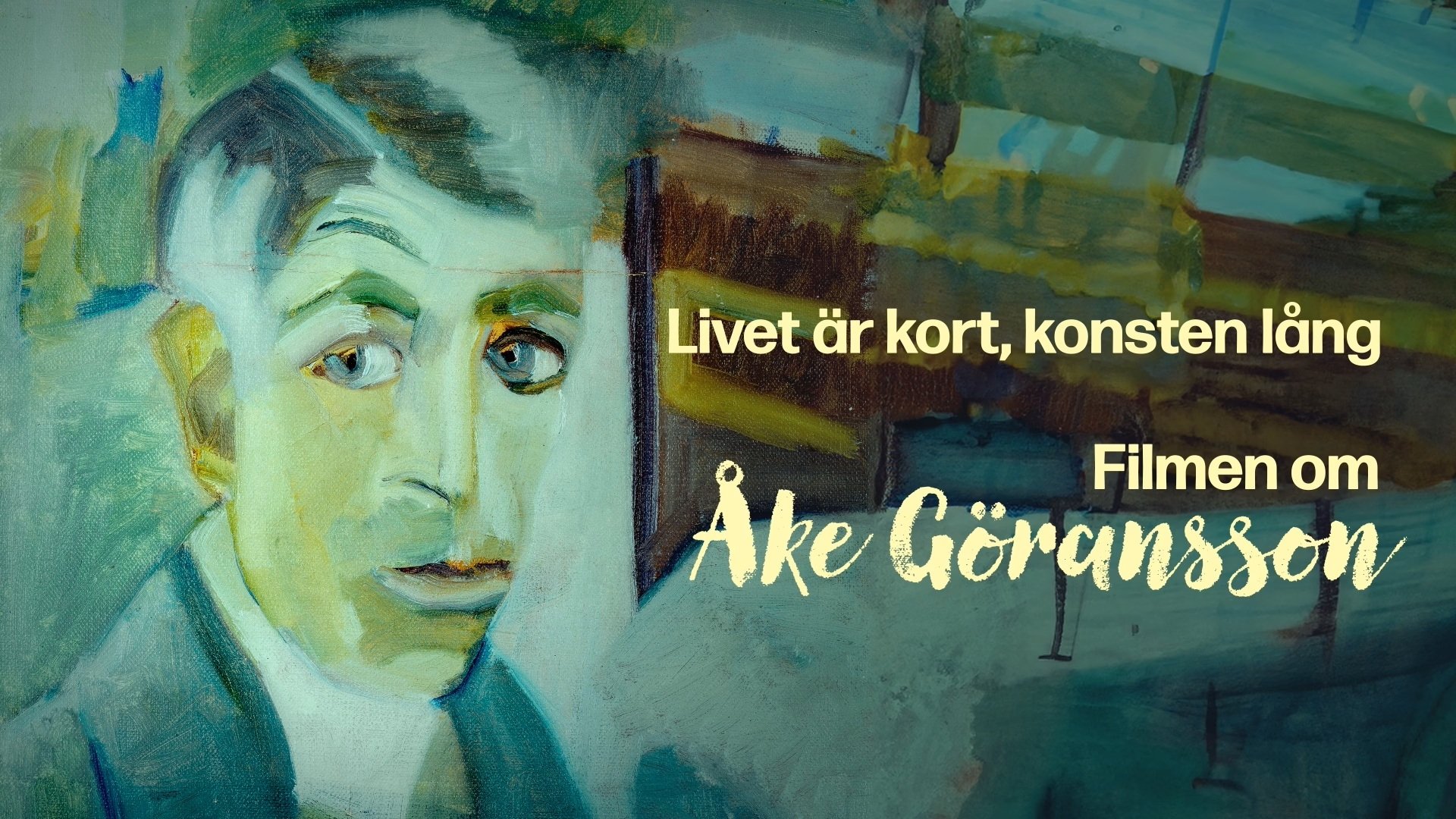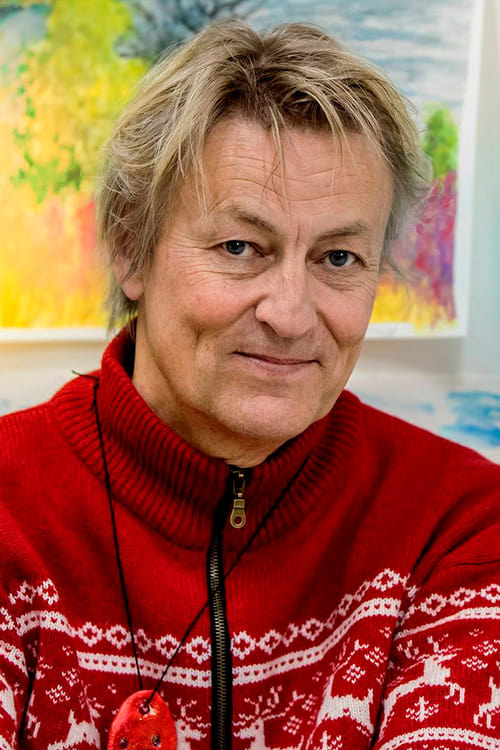
Livet är kort, konsten lång – filmen om Åke Göransson
2023
00.0(0 votes)
Documentary
Overview
Links & Resources
Social & External
Production Companies

Cast & Crew
2 members
Acting
Nils Ramhöj
Åke Göransson
No Image
Acting
Lars Lerin
Self


Social & External

Åke Göransson
Self
